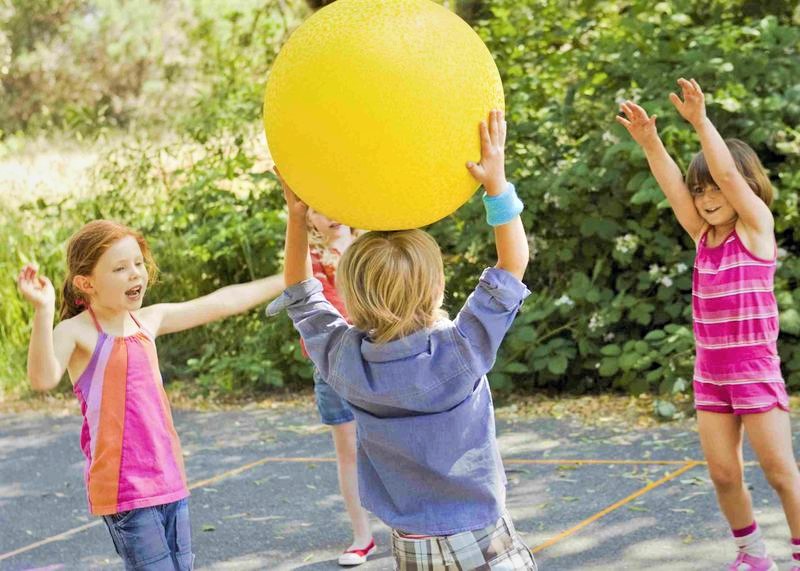Social Emotional Activities for Toddlers – For Home And Outdoor

You can start using social-emotional development exercises for toddlers at a young age. This task is simple to overlook as parents since we frequently believe that our children’s social and emotional development will happen organically. To ensure that our young children can form good relationships with others as they age, we must teach them about emotions and how to handle them, just like we do with all other developmental skills. teaching Social Emotional Activities for Toddlers learning don’t have to be complicated.
What Are Social-Emotional Skills?
Your child requires social and emotional abilities to communicate with peers and adults.
Did you know that a child communicates for the first time through crying at birth?
Emotional control and management go under this sphere as well.
Social and Emotional Development Activities for 1-2-year-olds

Remember that every child develops differently and may exhibit distinct emotional milestones. Some abilities commonly develop between 12 and 36 months are listed below. Grab the printable toddler milestone checklist to see what other skills your toddler might learn.
- Uses rituals and routines,
- Exhibits a sense of humor,
- They Play ball with others,
- Expresses affection,
- Displays a range of emotions,
- They play alone for a brief period,
- Tries to console others,
- Follows basic rules,
- Demonstrates independence.

Social-emotional activities for toddlers in childcare
Your child’s life will involve a LARGE amount of social interaction.
They will encounter numerous other people and children when they start school or daycare or are out in the neighborhood.
To play and socialize with others, they will require specific abilities.
To stay safe, they must know how to adhere to rules and instructions.
It takes a lot of time and practice to develop these skills.
They will learn well if you are patient and encouraging with your child.
Social Emotional Development Activities for Toddlers
Label Your Toddlers Emotions:
Children need to understand what emotions are when they occur.
Let your child know that the emotion they are experiencing is anger if they are upset because it’s time to go inside and they are not prepared.
Give him some techniques for controlling his rage, including deep breathing or gently counting to Ten.
Since you are their primary role model, let your child know what emotions you experience during the day.
Examples of emotions to categorize include joy, sadness, frustration, excitement, fear, and surprise.
For a while, it’s possible that your child won’t be able to express or name their feelings.
They can learn the language by hearing the names of the people.
For kids who cannot express themselves verbally but still need to, simple visuals can be a great aid.
Having them point at a happy or sad face drawn on paper may be helpful.
Provide Opportunities for Your Child to Interact With Others
To provide your child the chance to socialize with both peers of the same age and those who are older or younger than them, arrange some play dates with friends or cousins.
Toddler social-emotional development activities don’t have to be complicated.
Keeping things simple will help them learn.
Your child can gain social skills without going to daycare or preschool.
All kids require to learn to play with others is to be given opportunities.
When you are out and about, please encourage them to talk to strangers who are adults and kids.
Show them how to introduce themselves and approach other children to play with.
Pretend Play Enhances Social Skills

You can use dolls, teddy bears, or any of your child’s other favorite plush animals to educate emotions. It can be as easy as hugging the bear and telling your child, “The bear is happy when I embrace him,” as an example. Role-playing with your child will help you develop this as they get older.
What do they think about the possibility that the bear grabs a toy from the doll?
What can they do to fix the problem?
You might be surprised by how rapidly your toddler picks up social problem-solving skills.
They might even suggest solutions that you would never have considered!
Play is one of the BEST ways to teach a new social skill to children since it helps them learn and remember information.
Help Them Problem Solve
Children may argue when playing together as toddlers.
Try to be there to support and assist them as they identify a constructive solution to the issue.
Look for a toy comparable to the one they are fighting over if they are fighting over the same toy.
Could they switch toys or take turns playing with the toy?
Could they use the toy jointly to play?
These are all excellent choices. With the kids, go over the issue and determine the best course of action.
Have concerns about your child’s development?
Call early intervention or your child’s doctor if you have questions about your child’s social-emotional development.
